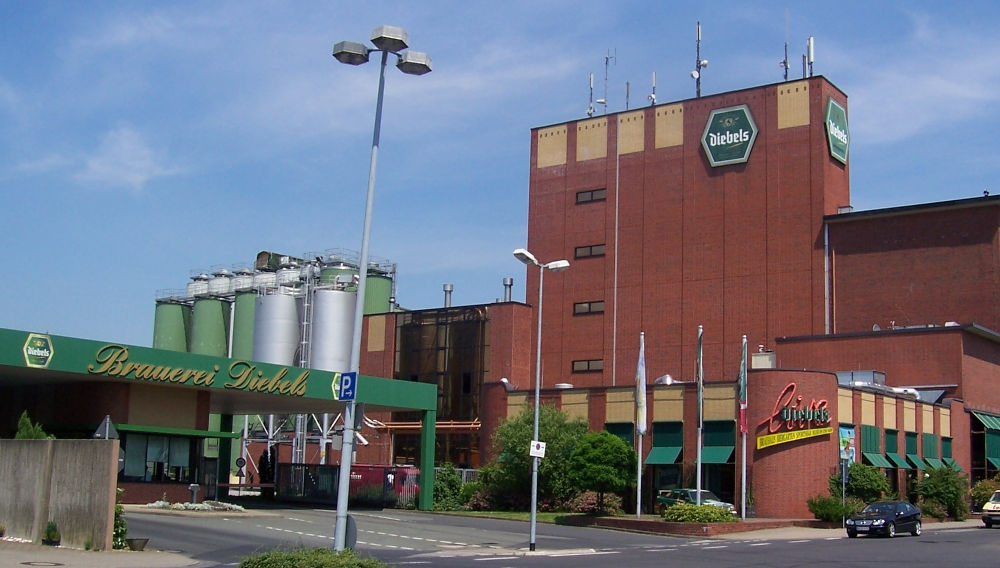German Altbier brewer Diebels faces massive job losses: one in two jobs could go
Germany | AB-InBev’s German unit announced on 30 August that it will restructure Diebels’ workforce, which could affect half of the brewery’s workforce. Cooperating with the workers and the works council, AB-InBev Germany will make the job cuts "as socially acceptable and fair as possible", according to a statement.
Additionally, one of the two bottling lines will cease operations. At last count, about 185 people worked at the brewery – down from almost 600, when the firm was taken over by Belgium’s Interbrew in 2001 for allegedly EUR 100 million.
For Interbrew (which eventually morphed into AB-InBev), the takeover of Diebels marked its entry into the German beer market. The same year it also acquired the brewer of Beck’s beer. At the time of the takeover, Diebels’ annual production stood at about 1.5 million hl beer and the leading Altbier brand was distributed nationally.
Unlike Anheuser-Busch in the US, where AB-InBev announced in July it would shed perhaps 380 jobs, Diebels’ workforce has been on borrowed time at least since 2017, when AB-InBev put its breweries Diebels and Hasseröder up for sale.
Diebels had obviously become surplus to requirements. Observers said at the time that Diebels had turned into a shadow of its former self and AB-InBev used the brewery mainly to package Beck’s. However, the sale to a financial investor - no one had heard of before - fell through in 2019.
This spring, AB-InBev culled most of Diebels’ remaining brands.
AB-InBev operates four brewing sites in Germany with reportedly 2300 employees. Apart from Beck’s in Bremen and Diebels in Issum, it runs a brewery in Munich, where it produces brands including Franziskaner, Spaten and Löwenbräu. It also owns a brewery in Wernigerode, in Saxony-Anhalt, home of the Hasseröder brand.

